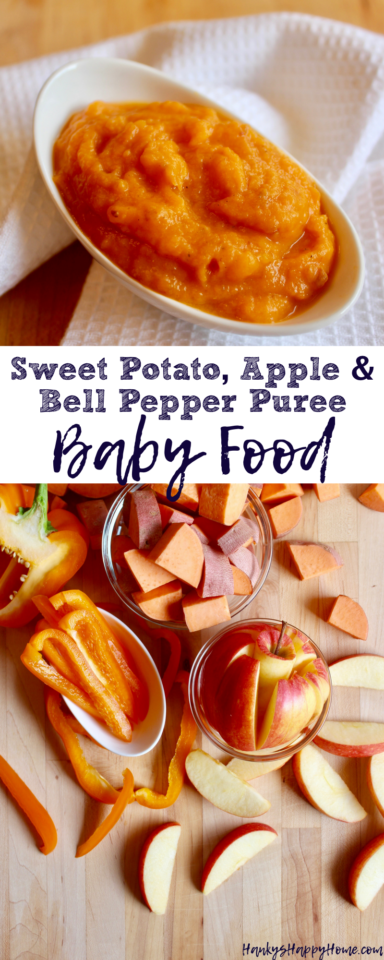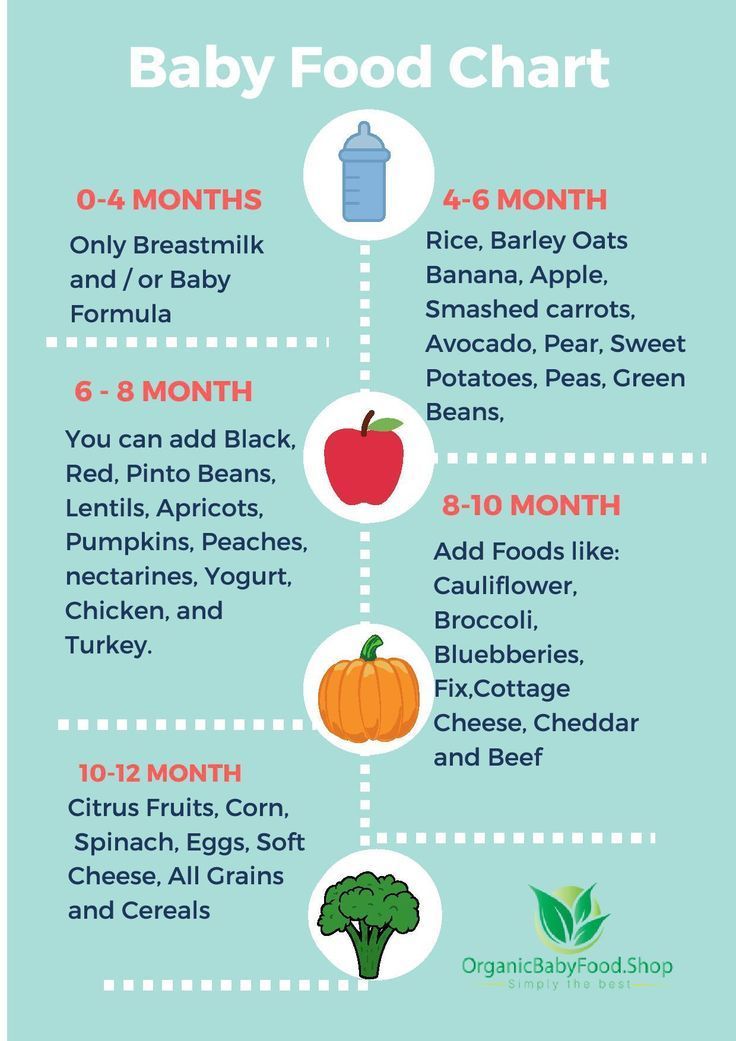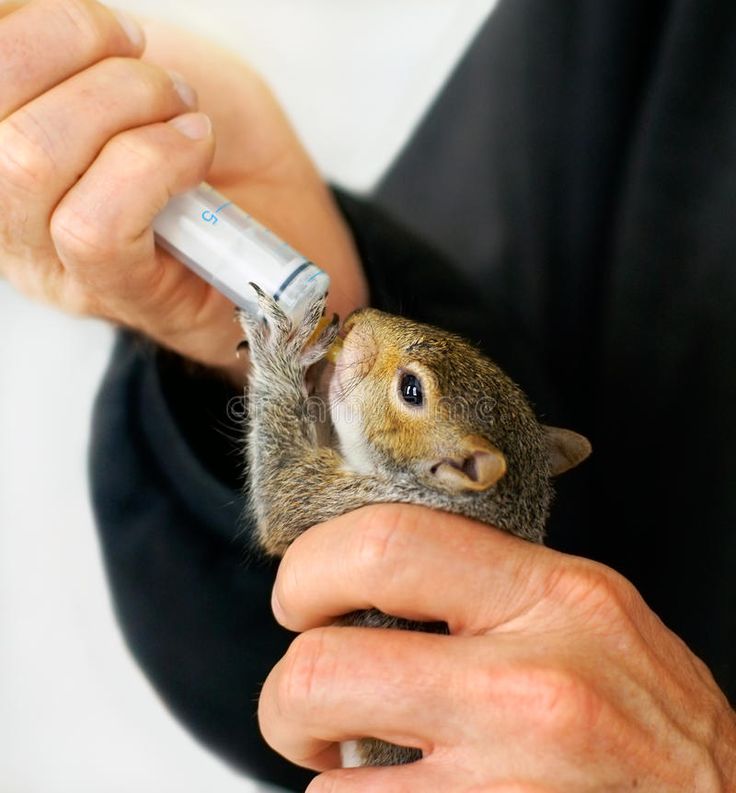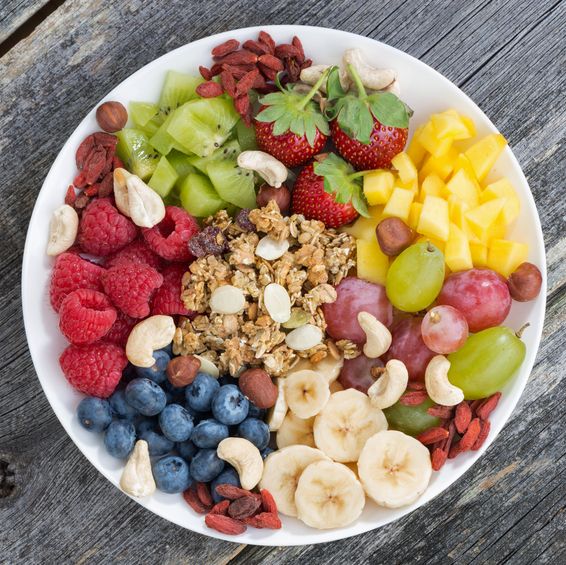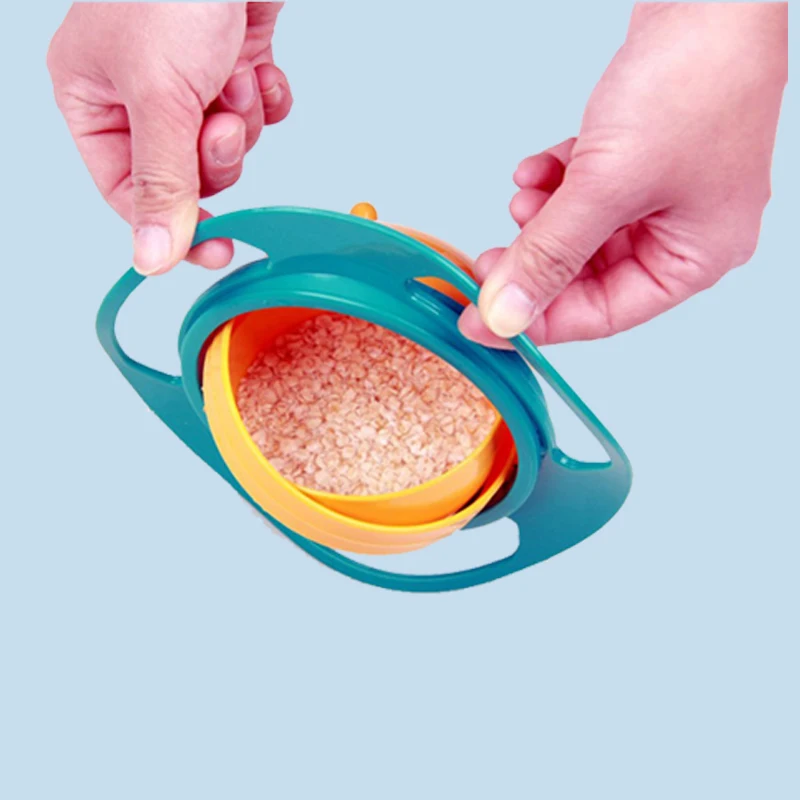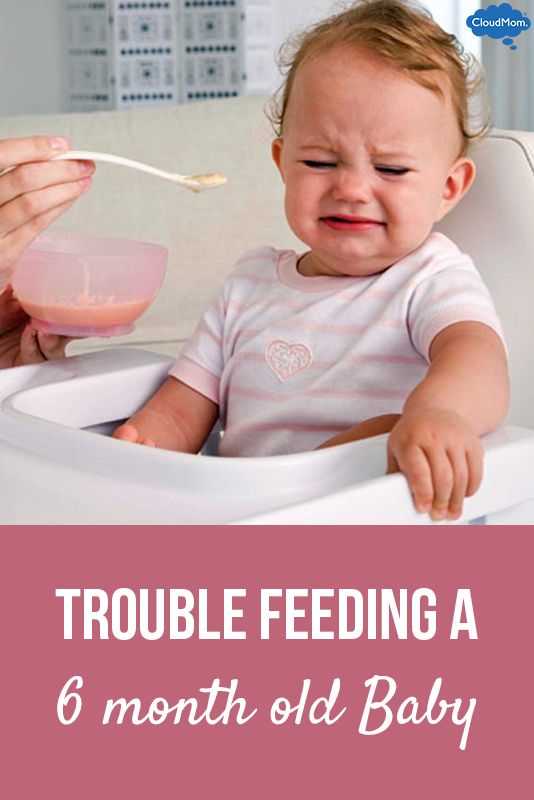Sweet potato baby food for dogs
Can Dogs Eat Sweet Potatoes? Yes, but ration the amount.
Thinking about sweet potatoes conjures up thoughts of holiday dinner side-dishes smothered with toasted marshmallows and brown sugar. Most people don’t consider them as anything but the sweet, sticky addition to a holiday meal. However, for us, and for our dogs, they offer many health benefits.
Nutritionists consider sweet potatoes a whole superfood. These orange-colored ground tubers, or root vegetables, are nutrient dense. They’re packed with Vitamin A, Vitamin C, potassium, and fiber—a nutritional punch few tubers can match. They’re also low in calories and fat. Ultimately, sweet potatoes add tasty and nutritional value to your dog’s diet.
Many dog food and dog treat manufacturers include sweet potatoes in their products. They’re found in some limited ingredient or grain-free kibble formulas for dogs with allergies, too. There are some concerns with this, and we’ll look at those concerns later in this article.
For now, let’s look closer at the sweet potato to see why they can be a healthy addition to your dog’s diet.
The humble sweet potato
Sweet potatoes are a starchy root vegetable that is grown worldwide. Often confused with yams, most American grocery stores carry sweet potatoes with only specialty stores carrying the true Yam.
What’s the difference between Sweet Potatoes and Yams?
Sweet potatoes are sweeter and carry more nutrients than Yams. You would think these two veggies were related, but they aren’t.
Sweet potatoes are in the Morning Glory family. Yams are from the Lily family. Both are ground tubers, with Yams being much larger than sweet potatoes with a bark-like flesh and drier, starchier meat. Sweet potatoes have smoother, thinner skins with less starch but more nutrients.
White potatoes are also not related to the sweet potato. White potatoes are from the nightshade family, making them toxic if ingested raw. Sweet potatoes aren’t toxic, but can cause a tummy ache if your pooch eats them uncooked.
Nutritional benefits of sweet potatoes
Considered a whole superfood, sweet potatoes are packed with vitamins and minerals considered essential for both the health of dogs and dog owners.
Here are some benefits sweet potatoes provide:
- Dietary Fiber: Sweet potatoes are one of the highest sources of fiber in vegetables, and most dogs love them. Fiber is essential for keeping the digestive system functioning smoothly. If your dog has diarrhea or constipation, the fiber in sweet potatoes will help correct these problems.
Dogs with obesity can benefit from a higher fiber diet. Fiber lengthens that feeling of fullness after a meal, helping your dog lose weight.
Studies have proven that a diet rich in fiber may lower heart disease and can prevent certain types of cancer in dogs.
- Antioxidants: Sweet potatoes are loaded with antioxidants. Antioxidants scavenge for the free-radicals that cause cell damage from things like stress, illness, or damage from the environment.
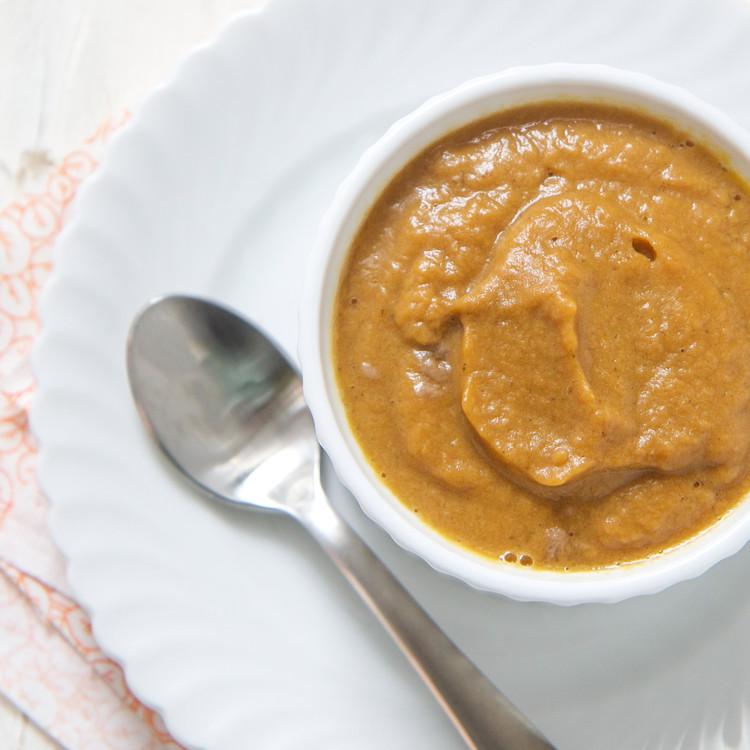 The purple sweet potato (Stokes Sweet Potato) has higher antioxidants (anthocyanins), and the orange sweet potato contains more beta-carotene.
The purple sweet potato (Stokes Sweet Potato) has higher antioxidants (anthocyanins), and the orange sweet potato contains more beta-carotene.
Vitamins:
- Vitamin C: A powerful antioxidant, this vitamin helps your dog’s immune system. It finds and destroys free-radicals that can damage cells due to stress, illness, and environmental toxins. It’s also reported as reducing cognitive aging problems in senior dogs.
- Vitamin A: Besides supporting cell function, reproduction, and the immune system, Vitamin A is what beta-carotene becomes once inside a body. Beta-carotene is responsible for the orange color in sweet potatoes and carrots and promotes healthy vision.
- Vitamin B6: Supports healthy red blood cell function, the immune system, and provides support for glucose generation. This is an essential vitamin for dogs, especially those with diabetes needing consistent blood sugar levels.
Minerals:
- Calcium: An essential mineral necessary for supporting strong bone growth, healthy teeth, a strong heart, muscle growth and function, and a healthy nervous system.
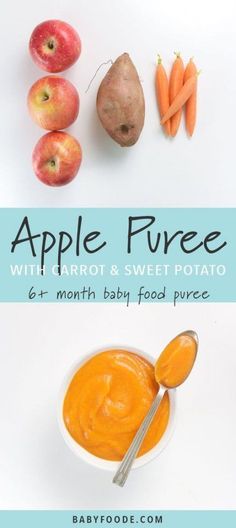
- Potassium: This important mineral keeps your dog’s kidneys functioning well. It also supports efficient heart function, muscle function, and a healthy digestive system.
- Iron: Iron supports red blood cell and hemoglobin formation. Hemoglobin carries oxygen throughout the body and produces energy. Iron is an essential nutrient for dogs.
What about raw sweet potatoes?
White potatoes are from the nightshade family, making them toxic if fed to dogs raw. However, sweet potatoes, since they aren’t related to white potatoes, are not toxic.
Cooked sweet potatoes are great for your pooch, but raw sweet potatoes may cause a belly ache or intestinal upset. For that reason, it’s best to only serve them in their cooked form.
Pet Pro Tip: If you have a cat that is prone to ‘snacksidents’ – you should consider getting a cat insurance plan as soon as possible. It can help you afford the best care in the future by covering eligible vet bills for digestive illnesses, toxic ingestion, and more.
Can my dog eat sweet potato skins?
The skin of a sweet potato is not toxic to your dog, but if eaten in large hunks, could cause a choking hazard. This is especially true for small breed dogs.
Also, the skin is hard for them to digest. Peeling the veggies prior to feeding is a good idea, but if you leave the skins on the sweet potato, cut or slice it into small, thin pieces for easier eating and digestion.
Can my dog eat canned sweet potatoes?
Most canned sweet potatoes have added sweeteners and artificial ingredients, making them a potential hazard for your pooch.
Organic, unsweetened canned sweet potatoes with only water as the added ingredient are okay for your dog.
It should be noted that some nutrients are lost in the canning process.
Can dogs be allergic to sweet potatoes?
Yes, and no. Sweet potatoes are considered a whole food, meaning your dog is less likely to have an immune response or sensitivity to them. However, whenever you offer your pooch a new food, watch for any itchiness, breathing difficulties, or rashes.
Because sweet potatoes are a starchy carbohydrate, dogs with yeast or candida issues (ear infections or excessive itchiness) should be monitored for symptom flares. Carbohydrates turn to sugar in a body, and sugar feeds yeast or candida.
Best ways to feed your dog sweet potatoes
Dogs usually love sweet potatoes. I know mine do!
They are best if boiled or baked, then mashed, sliced, or cubed. These root vegetables make good training treats because they are low in fat and calories. You can also occasionally add them into your dog’s regular meal, like a kibble or wet food for a tasty, nutritious addition.
Sweet potato fries and chips made for humans can have salts, sugars, or artificial additions to their content. These aren’t safe for your dog and can cause stomach or tummy upsets. If you want to share your sweet potato fries or chips with your pooch, try making them from a fresh sweet potato rather than processed or frozen products.
My dogs love dehydrated sweet potatoes as a healthy alternative to rawhide chews. They come out of the oven or dehydrator stiff, with a slight chewiness that satisfies their chewing needs. There are many resources on the internet for making quick and easy sweet potato chews for those who prefer to DIY. This option is especially good for senior dogs or puppies.
They come out of the oven or dehydrator stiff, with a slight chewiness that satisfies their chewing needs. There are many resources on the internet for making quick and easy sweet potato chews for those who prefer to DIY. This option is especially good for senior dogs or puppies.
Mixing sweet potatoes with other fruits and veggies is a great way to add a nutritional boost to your dog’s diet. Mix them with strawberries, blueberries, broccoli, bananas, add them to plain yogurt smoothies, or freeze them for a quick summer treat.
Can my diabetic dog eat sweet potatoes?
Sweet potatoes are high in starch and considered a medium glycemic load vegetable. That means that it quickly changes to sugar and can increase the blood sugar to high levels. It also can cause blood sugar to crash or drop quickly.
For this reason, dogs with diabetes should be given sweet potatoes as an occasional treat. If your dog has diabetes, consult with your veterinarian about giving sweet potatoes to your dog.
Sweet potatoes and Dilated Cardiomyopathy in dogs
Dilated Cardiomyopathy (DCM) is the enlargement of the heart, which limits its ability to pump blood efficiently throughout a dog’s body. This can lead to severe congestive heart failure and sudden heart attacks.
In recent years, there has been some concern, and many studies, around the role of grain-free or limited ingredient diets in dogs diagnosed with dilated cardiomyopathy. The studies were initiated because of concerns of dogs being diagnosed with DCM in breeds not known to have a genetic predisposition to this disease. In many of the cases, the dogs were eating a limited ingredient diet.
The studies have not determined the cause of the increase in cases of DCM, but, they have determined that in the cases of dogs diagnosed with DCM, 93% of them were eating foods that contained peas or lentils as a primary ingredient. Far fewer dogs diagnosed with DCM were eating foods containing potatoes or sweet potatoes.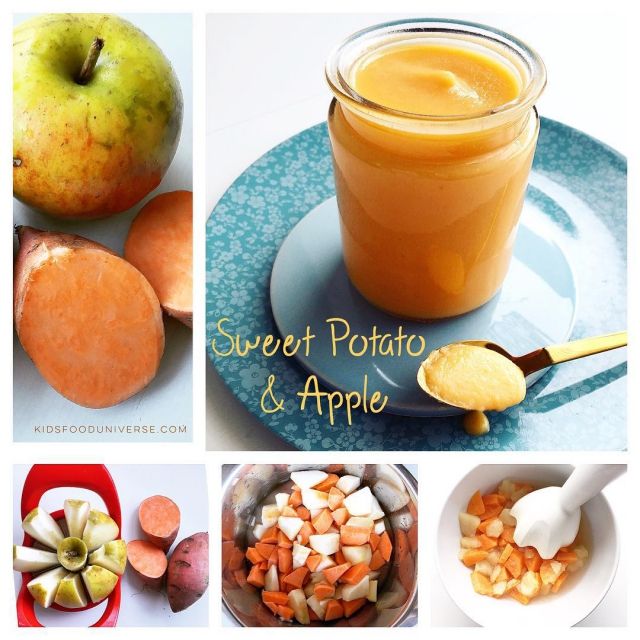
This means that sweet potatoes, as a treat, will not harm your dog or cause DCM. There are still more studies surrounding this issue, but for now, sweet potatoes are not seen as playing a role in the rise of DCM in dogs not predisposed to this disease.
Are sweet potatoes safe for my dog?
As with many other fruits or vegetables, sweet potatoes should be fed to your dog in moderation and as occasional treats, NOT as a regular diet. Too much of a good thing, even if it’s nutritious, should be offered in small amounts first to avoid any allergic response or intolerance. A healthy dog diet includes a scientifically formulated kibble or wet food, with treats and any meal supplements like sweet potatoes added in moderation to their regular diet.
If you’re offering sweet potatoes in this way, you have no fear of dilated cardiomyopathy. But we always recommend checking with your veterinarian first before you add a new food or treat to the menu for your dog.
If your dog has kidney disease, heart disease, diabetes, is overweight, or has a chronic ear or skin infection, it’s best to check with your vet prior to offering sweet potatoes.
Can Dogs Eat Baby Food? What You Need To Know
The answer to “can dogs eat baby food” might surprise you! It all depends on the type of food. Read on to see why you should be careful.
Baby food is just pureed food. It should be safe for dogs, right? This guide will tell you whether it’s safe and why you should be careful.
For ultimate pet safety, please ask your vet any questions you have regarding your dog eating baby food.
Table Of Contents
- Can Dogs Eat Baby Food?
- Do Not Replace Food With Baby Food
- Can Dogs Eat Baby Formula?
- Can Dogs Eat Gerber Baby Food?
- Is Banana Baby Food Good For Dogs?
- Pumpkin Baby Food For Dogs – Yes or No?
- Can Dogs Eat Baby Puffs
- Is Baby Food Good For Dogs?
- Best Baby Food For Dogs
- Can Puppies Eat Baby Food?
- Can Puppies Eat Baby Formula?
- Baby Food For Sick Dog
- Feeding A Sick Dog
- Liquid Food for Sick Dog
- Baby Food For Dogs: Final Thoughts
- More Dog Food Resources
Can Dogs Eat Baby Food?
Since baby food is basically just pureed fruits and vegetables, isn’t it good to feed them? If you have ever looked at a jar of mashed sweet potatoes and wondered, “can I feed my dog baby food?” You aren’t alone.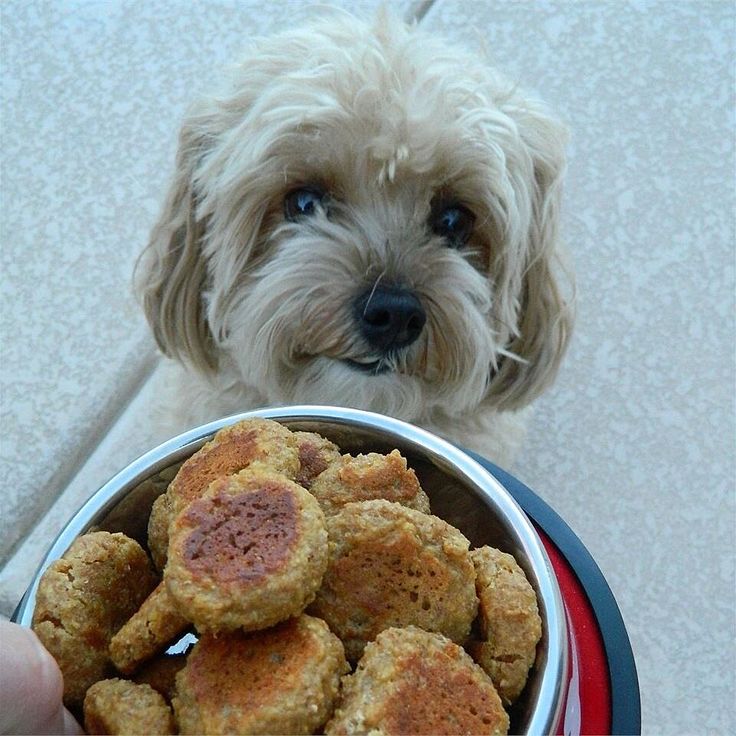
Lots of people ask the same thing. In fact, some people are told to feed their dog baby food when they are sick and they can’t eat solid food.
The short answer is that yes, you can feed baby food directly to your dog. You can also mix it into their dog food or use it to make dog treats.
However, you should still read all the labels. If the baby food contains onions or onion powder, avoid it. Onions can be harmful to dogs.
As a dog owner, remember to introduce new foods slowly. Even leftover baby food can be safe for young puppies, but watch for signs of an upset stomach and stop giving them the food if they react negatively.
Do Not Replace Food With Baby Food
Dogs need fiber and other nutrients that baby food can’t replace. Do not replace your dog’s food with only baby food.
You can still use it sparingly or as a treat. Remember, dogs need to eat dog food, not human food, as their main source of nutrition.
It is a good option when your dog is unable to eat dry food or if they need to be on a bland diet.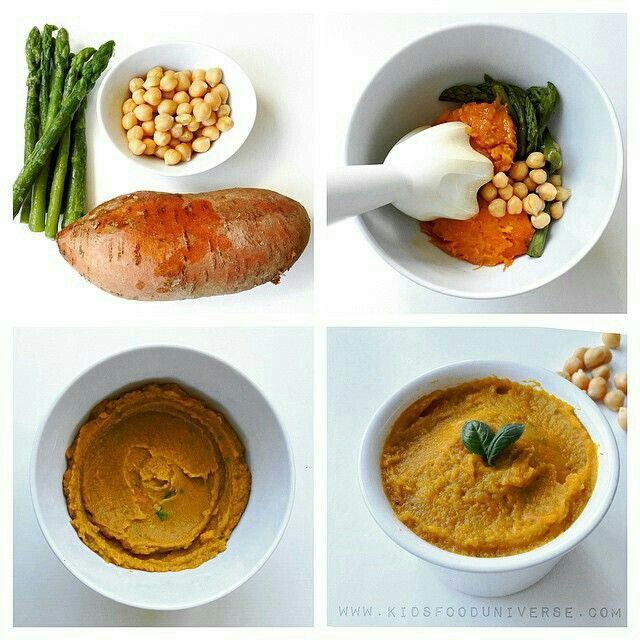
Can Dogs Eat Baby Formula?
If your dog gets into baby formula, you don’t have to worry too much. According to the Pet Poison Helpline, eating too much baby formula might give your dog a stomach ache, but it won’t hurt them.
While baby formula does contain iron that could be toxic to dogs, there is usually such a small amount that it doesn’t bother them.
It’s still a good idea to keep your dog away from baby formula.
Can Dogs Eat Gerber Baby Food?
Yes, dogs can eat Gerber baby food as long as it is pure fruit or vegetable. Do not give them any kind of baby food with onions or garlic.
Otherwise, it is safe to give your dog baby food that is made from single-sourced fruits and vegetables. However, you should be careful with how much they eat. Baby food is high in sugar and low in fiber, which isn’t a healthy combination for dogs.
Baby food won’t meet your dog’s nutritional needs. But it can be a good idea if they have a sensitive stomach.
Is Banana Baby Food Good For Dogs?
Yes, banana baby food is safe for dogs. Before you start doling out these sweet jars, hold back and only give it to them in moderation.
Bananas are actually healthy for dogs. They are a fantastic source of vitamin B6 and C. They are also rich in potassium too.
Too much sugar in a dog’s diet can lead to obesity and diabetes. Bananas contain natural sugars that you still need to be careful with.
It’s ok to add a little bit of banana baby food to your dog’s food, just don’t give them too much every day.
Pumpkin Baby Food For Dogs – Yes or No?
Pumpkin is a very safe flavor to feed your dog. Vitamin A is good for their eye health and the high amount of vitamin C will boost their immune system.
You can either mix pumpkin baby food in with their dog food or make some dog treats with pureed pumpkin.
Can Dogs Eat Baby Puffs
Lots of dog owners buy baby puffs and give one or two at a time as dog treats.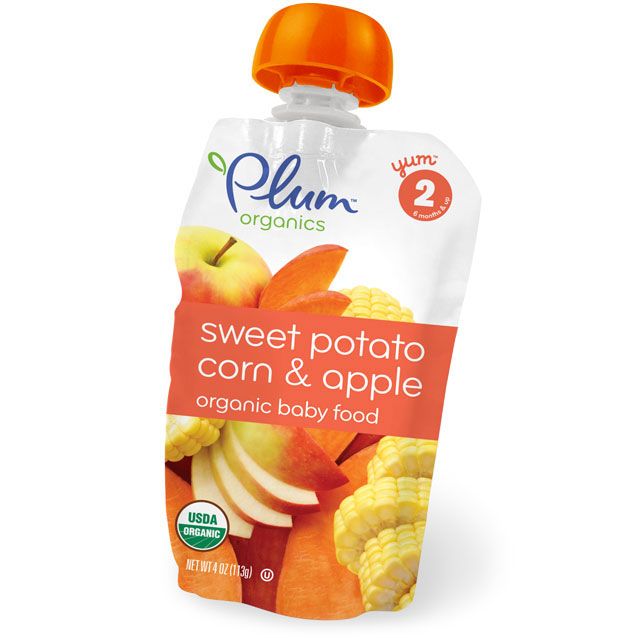 As long as your dog doesn’t have any food allergies, these are safe for them to eat and a good choice.
As long as your dog doesn’t have any food allergies, these are safe for them to eat and a good choice.
The main ingredients in baby puffs are:
- Rice flour
- Whole wheat flour
- Cane sugar
- Whole grain oat flour
Then, depending on the flavor you buy, it might have some fruit puree in it too.
Rice cereal and oatmeal cereal are also safe for your dog as an occasional treat. It’s always better to feed your dog whole foods since they need more fiber than sugar. But these are safe options in moderation.
Is Baby Food Good For Dogs?
Baby food can be used as an ingredient in dog treats or added to their regular food. It should not be used as a substitute for dog food since it doesn’t contain all the fiber and nutrients they need.
Baby food can be used to coax a sick dog to eat and a great way to help them take their medicine.
Best Baby Food For Dogs
Meat, fruit, and vegetable are all safe types of baby food to give to your dog in moderation.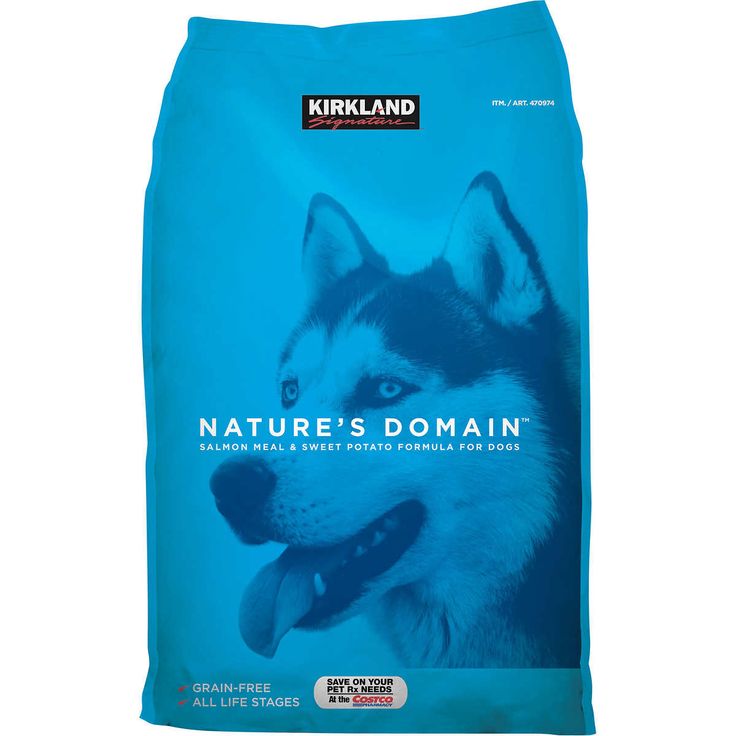 Things like mashed baby carrots or other safe vegetables are a good thing to give your pet in addition to their regular diet.
Things like mashed baby carrots or other safe vegetables are a good thing to give your pet in addition to their regular diet.
Always look for baby food that is made with as few ingredients as possible. Avoid anything with onion or garlic powder.
Can Puppies Eat Baby Food?
Just like full-grown dogs, it is safe to give puppies baby food. However, puppies need a lot of protein and fiber to grow. High-quality commercial puppy foods will have all the amino acids and nutrients they need while they are growing.
Can Puppies Eat Baby Formula?
Can you give a newborn puppy baby formula? The short answer is that the best option is always their mother’s milk. If at all possible, keep the puppies with their mother and let her feed them until they naturally wean.
If this isn’t an option, then you should only give it puppy formula. Human formula won’t harm them, but it isn’t designed for them and doesn’t have the correct balance of nutrients.
Puppy formula is the closest thing to a dog’s natural milk.
Baby Food For Sick Dog
If your dog is sick and doesn’t want to eat regular food, the baby food can be an easy way to coax them to eat. Put a little bit on their nose. Then, put a little bit with their food. Use it sparingly so it is more of a treat. It should not replace their regular meals.
Feeding A Sick Dog
Lots of veterinarians will give baby food to sick dogs who refuse to eat solid foods. They give them a little bit in a syringe if they are really lethargic. This bit of sugary foods will give them more energy and interest in their normal food.
Liquid Food for Sick Dog
If your dog has an upset stomach, always consult your veterinarian first. Always take their advice before trying any home remedies.
Some vets will suggest a liquid food diet for dogs.
That means you can give them mild, whole-food baby food. Other options include bone broth and pumpkin.
Baby Food For Dogs: Final Thoughts
The biggest warning about giving baby food to dogs is that it could make your dog a picky eater. It is so easy for dogs to eat that they tend to only prefer the sweet-tasting baby food over their more nutritious solid options.
It is so easy for dogs to eat that they tend to only prefer the sweet-tasting baby food over their more nutritious solid options.
Only use baby food when you absolutely need to. You can use it to make your own homemade dog treats and to coax a sick dog to eat. Do not use it full-time as a substitute for their complete nutrition.
More Dog Food Resources
As you keep learning about what your dog can eat, here are some more articles on human foods for dogs.
- Can Dogs Eat Animal Crackers
- Fennel for Dogs
- Can Dogs Eat Sauerkraut
- Dogs and Crawfish
- Can Dogs Eat Tahini
Find lots of articles about food dogs can eat and ones they can’t right here on Spoiled Hounds!
📌 Pin this to save and share 📌
Pin me, please!can you feed your dog sweet potatoes
Who doesn't love potatoes? Whether fried, mashed or scallops, they are loved by both humans and their canine companions.
But while this starchy food is considered one of the best comfort foods, its healthier counterpart, the sweet potato, actually contains more nutrients.
But can dogs safely eat sweet potatoes? And can they bring the same health benefits to our pets as they do to humans?
The Health Benefits of Sweet Potatoes
Although your dog's body will function best on a diet composed primarily of animal protein, carbohydrates are still often used in moderation.
Sweet potatoes contain many beneficial vitamins and minerals and, as a result, are an increasingly common ingredient in many homemade and commercial dog treats and foods.
They are especially rich in vitamins A, B6 and C, as well as several other nutrients, including magnesium, calcium, potassium and iron.
This sweet orange starch can sometimes be offered as a treat and may even benefit your pet.
Vitamin C can promote white blood cell function and even boost a dog's immune system, while potassium can improve a dog's blood vessel function, enhance muscle development, and replace lost electrolytes.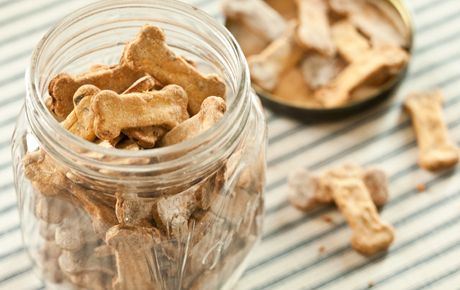
Sweet potatoes have also been linked to improved vision and even cancer-fighting antioxidants, and they have natural anti-inflammatory properties, which means they may be helpful for dogs with food allergies.
Sweet potatoes can also help lower blood pressure and, as a great source of dietary fiber, improve digestion.
Possible health problems
However, this definitely does not mean that the dog should eat sweet potatoes every day. After all, it is a carbohydrate that, when consumed in excess, can lead to health problems ranging from pancreatitis to diabetes.
Avoid offering potatoes of any kind to dogs with pre-existing medical conditions such as obesity or diabetes as potatoes can cause blood sugar spikes and lead to weight gain.
According to experts, while white and sweet potatoes are not toxic to our dogs, they may not always be the best choice as a regular part of their diet.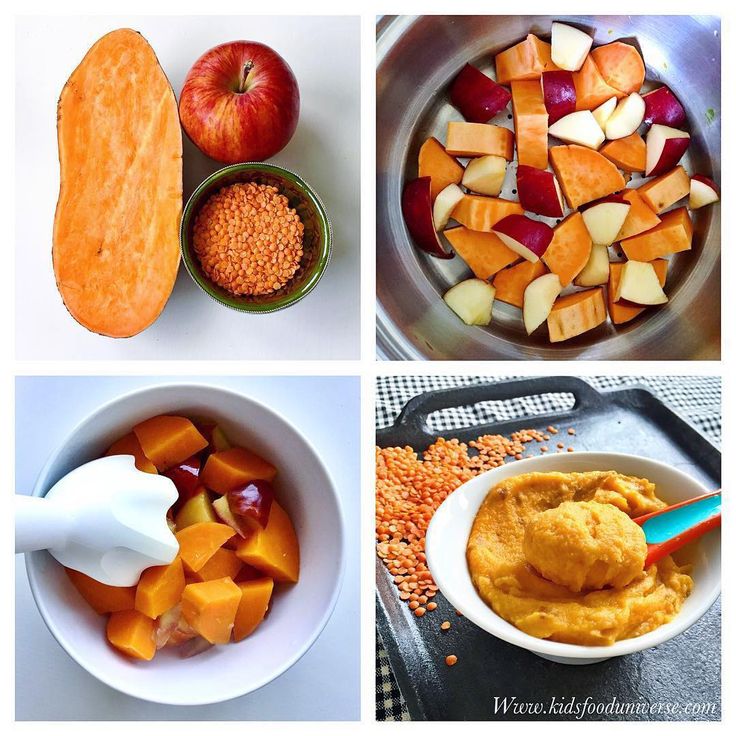
This condition of the heart muscle causes a decrease in the pumping ability of the heart, as well as an increase in the size of the heart, which can lead to congestive heart failure or even sudden cardiac death.
Although it is generally considered a genetic disorder, diets high in carbohydrates such as potatoes can play a role, especially for breeds that are not normally affected.
How to feed sweet potatoes to your dog
Your dog will most likely eat sweet potatoes no matter how cooked they are, but there are a few key things to keep in mind. Potatoes should be baked or boiled without any additional seasonings, including oil, butter, or salt, as these can cause health problems for dogs.
Both dogs and humans have a digestive system that breaks down potatoes and stores them as fat if calories aren't burned right away, so you can take your dog for an extra long walk or have some fun in the backyard. in the afternoon they ate sweet potatoes.
Always avoid raw sweet potatoes
Always avoid raw sweet potatoes. Potatoes, along with tomatoes, belong to the nightshade family of vegetables. They contain a compound called solanine, which can be toxic to some dogs. Cooking potatoes will help reduce solanine levels significantly.
Some of the symptoms of solanine poisoning (which may occur if your dog has accidentally eaten a significant amount of sweet potato skins, stems, or leaves) are upset stomach, blurred vision, and decreased heart rate, all of which require immediate veterinary attention.
Potato skins, stems and leaves are prohibited, especially considering that they can cause intestinal obstruction or suffocation as dogs may not be able to digest them properly.
Always feed sweet potatoes in moderation
Of course, each dog will tolerate certain types of food differently, so be sure to only offer small amounts of sweet potatoes at first so you can monitor your dog for any reactions such as symptoms of indigestion.
It is also recommended that you consult your veterinarian before introducing new foods to your dog's diet, especially if he has gastrointestinal problems or allergies.
However, the good news is that sweet potatoes are known to help with any digestive problems in puppies and reduce loose stools.
Can I give my dog tomatoes?
Is it possible to give pumpkin to a dog?
Is it possible to feed a dog with carrots?
Can I feed my dog celery?
Can dogs eat potatoes?
Can I give my dog garlic?
Can dogs eat salad?
Can dogs eat cabbage?
Can dogs eat onions?
Can a dog eat spinach?
Can dogs eat broccoli?
Can I give my dog cucumber?
Can dogs eat pepper?
How do I make sweet potatoes for my dog?
When you feed sweet potatoes to your dog, it's important to cook them first, and ideally remove the skins. Raw sweet potatoes are difficult for most dogs to chew, and raw potatoes can cause indigestion or even blockage in some cases.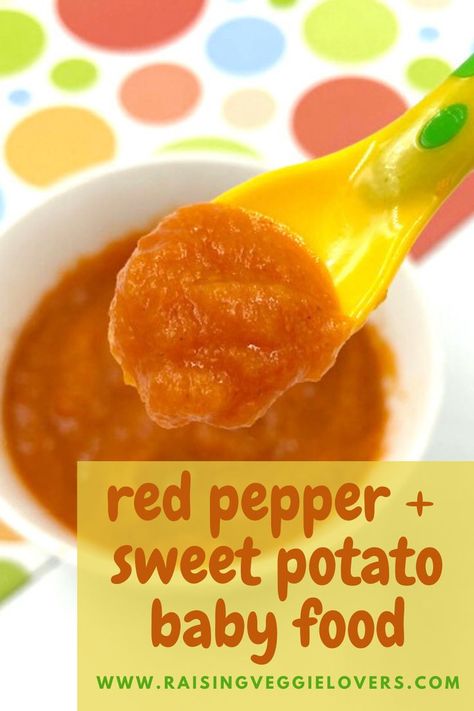
Dogs should start with very small amounts of sweet potatoes, usually no more than one or two ounces per serving. Dogs of that breed should start with a quarter or half an ounce (about two to three teaspoons), and large breed dogs may have a little more if they tolerate the first serving well.
Cut into cubes or slices. Place in a saucepan and cover with cold water. Bring water to a boil, then cover and reduce heat to medium-low. Cook until potatoes are soft, about 20-30 minutes.
When you feed sweet potatoes to your dog, make sure they are cooked and skinned; leaving skin on skin makes it harder for your dog to digest food. … Not only are they difficult to chew, but they can upset your dog’s stomach and potentially cause an intestinal blockage.
Pumpkin: Pumpkin contains many of the same nutrients as sweet potatoes and has the added bonus of often regulating a dog's digestive system. If you want to give canned pumpkin (two to four tablespoons in total), make sure it's a hard pumpkin and not a pumpkin pie filling.
Cooked sweet potatoes are great for your dog, but raw sweet potatoes can cause stomach pain or intestinal upset. For this reason, it is best to serve them only cooked.
Can dogs eat sweet potatoes? … However, baked, boiled, or mashed potatoes should only be given to dogs on an occasional basis. Sweet potatoes for dogs are most commonly boiled, frozen, and/or dried. But be sure to start with small amounts, your dog may not like the taste or may have a sensitive stomach.
If you've ever looked at a can of sweet potato puree and wondered, "Can I feed my dog baby food?" You are not alone. … In fact, some people are told to feed their dog baby food when they are sick. Short answer: yes, you can feed baby food directly to your dog.
Milo is interested in sweet potatoes. Yams - both sweet potatoes and real yams - are good for your dog if eaten in moderation. The only thing you really need to look out for is whether cooked yams contain nutmeg or xylitol, which are both toxic to your dog.